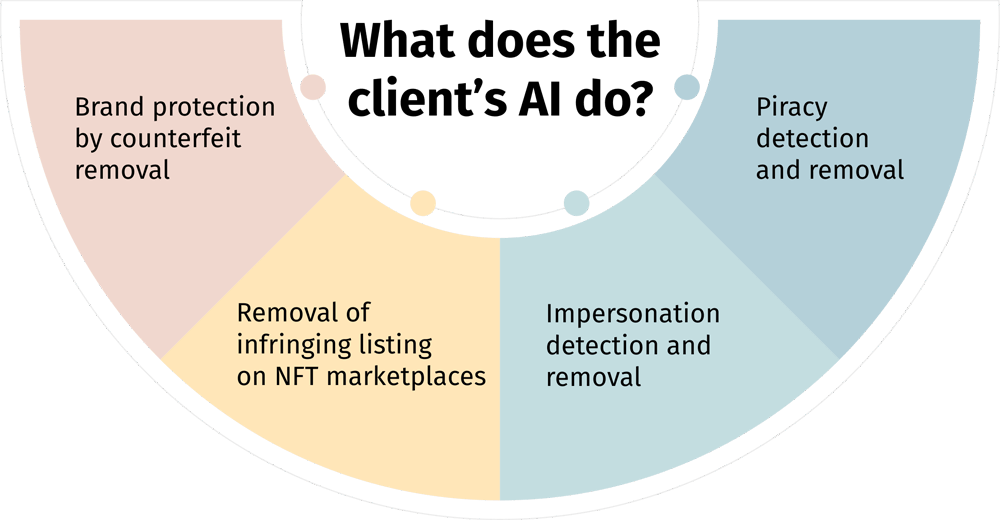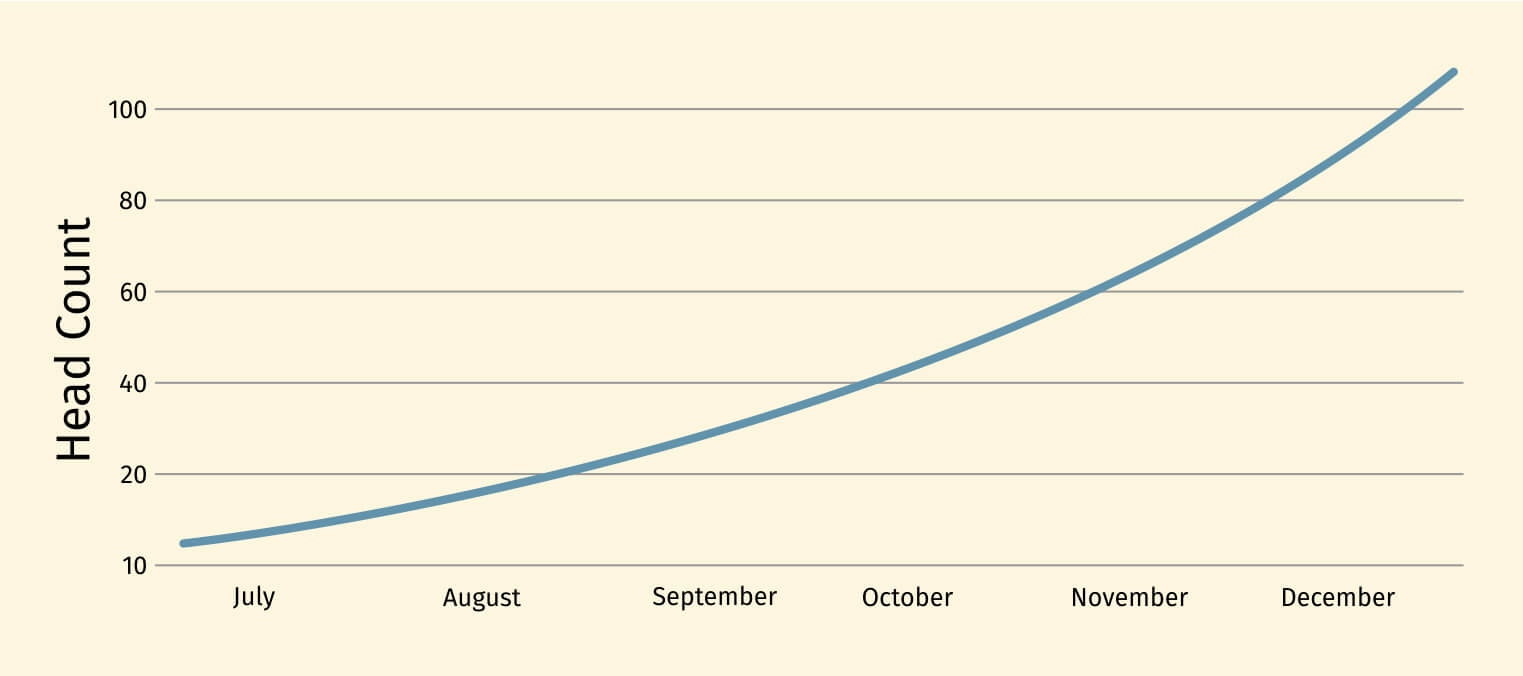- Data
Data
- Healthcare BPO
- Medical Data Entry Services
- Medical Billing Charge Entry Services
- Medical Claims Processing Services
- Medical Billing Services
- Medical Coding Services
- Medical Records Indexing Services
- Payment Posting/Medical Billing Services
- Account Receivables (AR) Follow-up Services
- Patient Demographics Data Entry Services
- Pre-certification & Insurance Verification Services
- Denial Management Services
- Healthcare BPO
- eCommerce
eCommerce
- Product Data Management Services
- Product Data Entry
- Product Data Scraping & Collection
- Product Data Enrichment
- Product Data Classification/Categorization
- Product Description Writing
- Product Data Cleansing
- Product Data Matching
- Product Page Optimization
- Catalog Processing & Management
- UNSPSC Data Classification Services
- Product Attribute Development
- Product Data Standardization/Normalization
- Magento Product Upload Services
- Shopify Product Upload Services
- BigCommerce Product Data Entry
- Product Photo Editing
- Amazon Account Management Services
- Amazon Product Listing
- Amazon SEO & Listing Optimization
- Amazon Product Description Writing
- Amazon Seller Central Management
- Amazon Vendor Central Management
- Amazon A+/Premium A+ Content
- Amazon PPC Management
- Amazon Competitive Intelligence
- Amazon Account Health Management
- Amazon 3D Rendering
- Amazon Store Setup
- Amazon Brand Store Design
- Amazon Case Management
- Amazon Virtual Assistants
- Amazon Reimbursement Service
- Amazon Customer Support
- Amazon Account Reinstatement Services
- Amazon Map and Reseller Control
- Amazon Account Audit
- Global Selling/Internationalization
- Amazon Post Management
- Amazon Keyword Research
- Marketplaces Management Services
- Backoffice Support Services
- Amazon Account Management Services
- Amazon Product Listing
- Amazon Listing Optimization
- Amazon Product Description Writing
- Amazon Seller Central Management
- Amazon Vendor Central Management
- Amazon A+/Premium A+ Content
- Amazon PPC Management
- Amazon Consulting Services
- Amazon Competitive Intelligence
- Amazon Account Health Management
- Amazon 3D Rendering
- Amazon Brand Store Design
- Amazon Case Management
- Amazon Virtual Assistants
- Amazon Reimbursement Service
- Amazon Account Reinstatement Services
- Amazon Map and Reseller Control
- Amazon Account audit
- Amazon Post Management
- Amazon Keyword Research
- Product Data Management Services
- Digital Engineering
Digital Engineering
- UI/UX Services
DevOps and Cloud
- Software Product Engineering Services
- Solutions
- Photo Editing
Photo Editing
High-end human-powered photo editing services with a personalized touch
- Real Estate Photo Editing Services
- HDR Photo Editing Services
- Architectural Photo Editing Services
- Image Blending Services
- Real Estate Photo Stitching Services
- Real Estate Image Enhancement Services
- Aerial Photo Editing Services
- Floor Plan Conversions Services
- Real Estate Sky Change Services
- Panorama Photo Editing Services
- Real Estate Virtual Tour Services
- Color Cast Removal Services
- Real Estate Photo Editing Services
- ePublishing
ePublishing
Turn print publications into immersive digital reading experiences with our ePublishing solutions
- eBook Development Services
- eBook Creation & Conversion Services
- Interactive & Enhanced eBooks
- Fixed Layout eBooks
- HTML5 & ePub3 eBooks
- Read Aloud/Audio Books
- Book-as-an-App Development Services
- eBook Distribution Services
- Typesetting & Cover Design Services
- Web Accessible eBooks Development
- Journals Conversion Publishing Services
- Interactive Assessments Development
- Flash to HTML5 Conversion Services
- eBook Development Services
- Digital Marketing
Digital Marketing
Driving growth, sales, & ROI with data-driven digital marketing solutions
Paid Advertising


